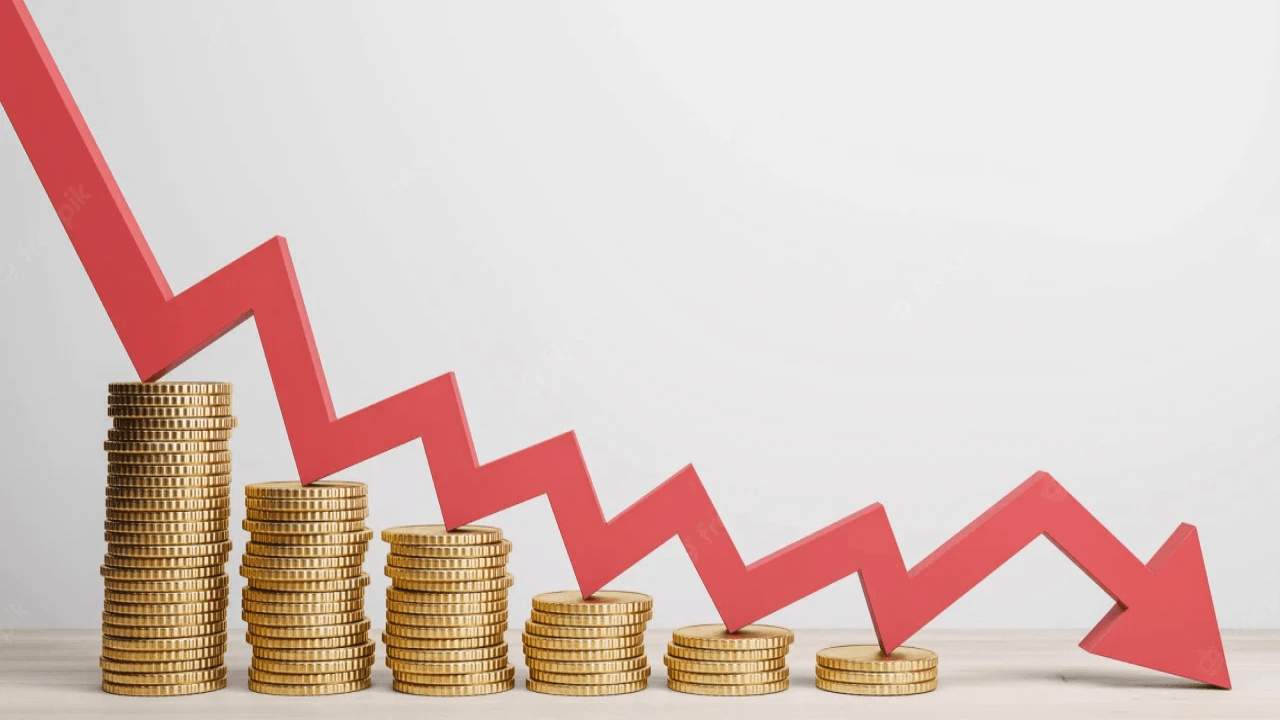
|
Getting your Trinity Audio player ready...
|
According to the Pakistan Bureau of Statistics (PBS), weekly inflation has decreased to a three-year low of 12.27%. This decline is attributed to a 0.52% drop in short-term inflation on a week-on-week basis, primarily driven by falling energy and food prices.
Temporary Downward Trend
The recent return to a downward trend in inflation suggests that the earlier increase was likely temporary. This shift in prices reflects broader economic adjustments in the market.
Key Price Reductions
The decrease in the week-on-week Sensitive Price Index (SPI) was notably led by a 5% drop in high-speed diesel, which fell from Rs263.96 to Rs250.76 per litre. Onion prices also saw a decline of 4.45%, now priced at Rs143.75 per kilogram. Additionally, petrol prices decreased by 3.88% to Rs250.20 per litre, while tomatoes experienced a 1.93% reduction, bringing their price to Rs116.91 per kilogram. Sugar prices fell by 0.70%, settling at Rs141.28 per kilogram. Other essential items, such as potatoes, LPG, cooking oil, and various pulses, saw decreases of up to 0.57%.
Increases in Some Essentials
Despite these reductions, prices for certain essential goods rose by up to 1.50%. Items affected include pulses, cooked beef, eggs, garlic, gur, salt powder, and shirting fabric.
Overview of SPI Data
The SPI data encompasses 51 essential commodities, with the PBS gathering pricing information from 50 markets across 17 cities. Of the 51 items tracked, prices for 17 (33.34%) increased, 15 (29.41%) decreased, and 19 (37.25%) remained unchanged compared to the previous week.
Year-on-Year Trends
On a year-on-year basis, inflation remains at 12.72%, significantly influenced by a staggering rise in gas charges (570%) and onions (74.62%).
Future Outlook
Although inflation is still in double digits, experts predict further improvements, potentially leading to single-digit inflation in the coming months. The Consumer Price Index (CPI) fell to 9.6% in August, marking a three-year low, and experts anticipate continued deceleration below 8% in September. This expected decline is aided by delays in power price hikes and significant drops in global oil prices.





